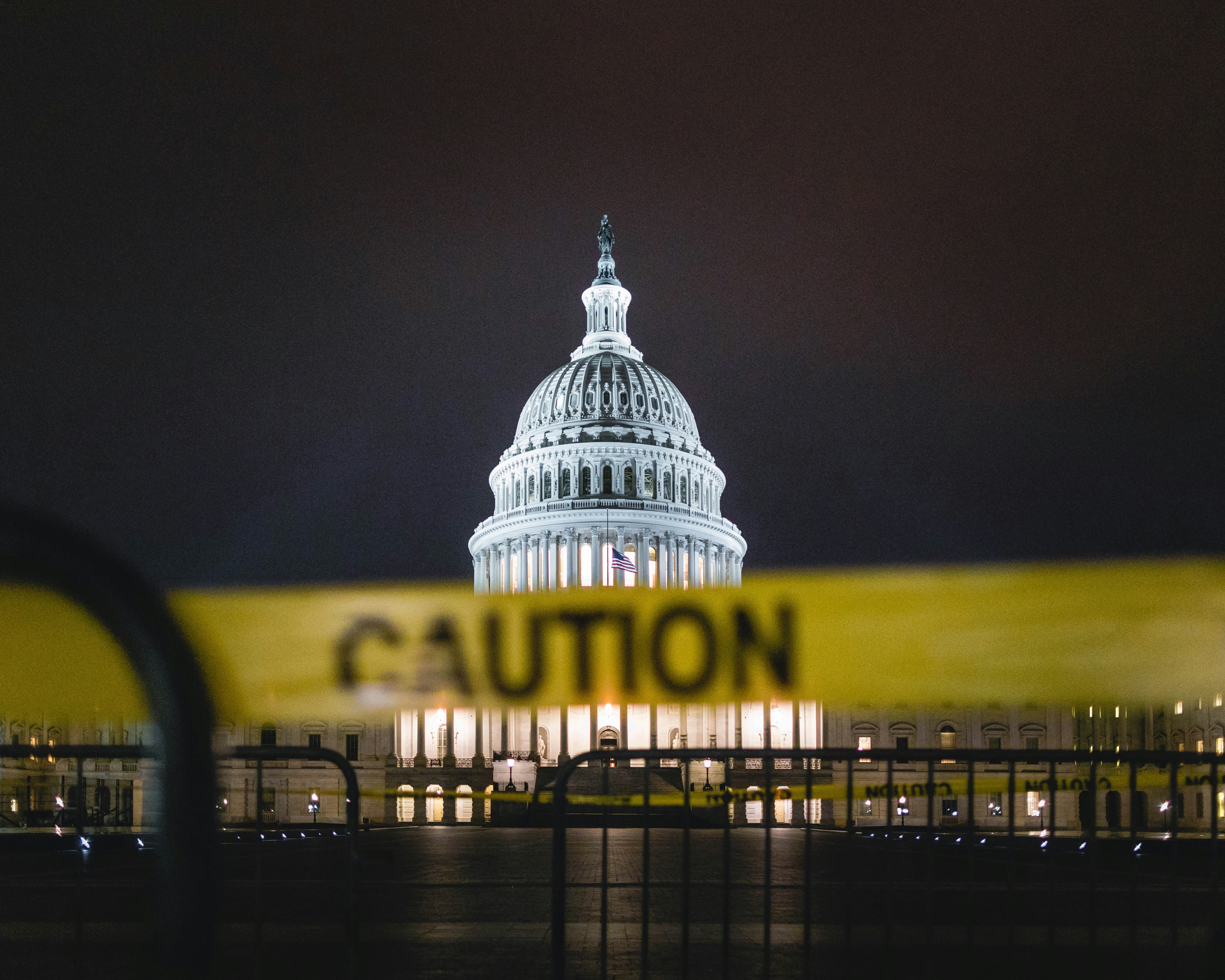As the news of a federal government shutdown spreads, it’s natural to have questions and concerns about its implications. In this article, we will explore what a government shutdown means, how it affects various sectors, and what steps you can take to navigate through this challenging period.
What is a Federal Government Shutdown?
A federal government shutdown occurs when the government’s funding expires, and Congress fails to pass a budget or a continuing resolution to fund government operations. This situation leads to the temporary closure of various government agencies and services until a funding agreement is reached.
Impact on Government Services
During a government shutdown, certain government services and agencies may be affected. Non-essential federal employees are furloughed, meaning they are placed on temporary unpaid leave. Essential services, such as national security, law enforcement, and healthcare, continue to operate, but with reduced staffing levels.
Some of the key areas affected by a government shutdown include:
- National Parks and Museums: Many national parks and museums may close or operate with limited services during a shutdown.
- Passport Services: The processing of passport applications and renewals may be delayed.
- IRS Operations: Tax return processing, audits, and taxpayer assistance services may experience delays.
- Small Business Loans: The Small Business Administration may pause its loan programs.
- Government Contracts: Contractors working with the government may face payment delays or disruptions.
Impact on the Economy
A federal government shutdown can have significant implications for the economy. It disrupts the normal functioning of government agencies, which can lead to delays in economic activities and financial uncertainty. The longer the shutdown lasts, the greater the impact on businesses, employees, and the overall economy.
During a shutdown, consumer and business confidence may decline, affecting spending and investment decisions. Small businesses that rely on government contracts or loans may face financial challenges. Additionally, federal employees who are furloughed or working without pay may cut back on their spending, further impacting local businesses and communities.
What Can You Do During a Government Shutdown?
While a government shutdown can be unsettling, there are steps you can take to navigate through this period:
- Stay Informed: Keep yourself updated on the latest news and developments regarding the shutdown. Reliable news sources and official government websites can provide accurate information.
- Assess Personal Impact: Evaluate how the shutdown may affect you personally. Identify any potential disruptions or delays in services you rely on and plan accordingly.
- Financial Planning: If you are a federal employee or contractor, review your finances and consider creating a budget to manage your expenses during the shutdown. Explore any available assistance programs or resources.
- Explore Alternatives: If a government service or facility you rely on is closed, explore alternative options or seek temporary alternatives until the shutdown ends.
- Support Local Businesses: During a shutdown, local businesses may face challenges. Consider supporting them by shopping locally and utilizing their services where possible.
Conclusion
This can have wide-ranging effects on government services, the economy, and individuals. Understanding the implications and taking proactive steps can help you navigate through this challenging period. Stay informed, assess personal impact, and explore alternatives while supporting local businesses. Remember, a government shutdown is a temporary situation, and normal operations will resume once a funding agreement is reached.
